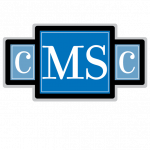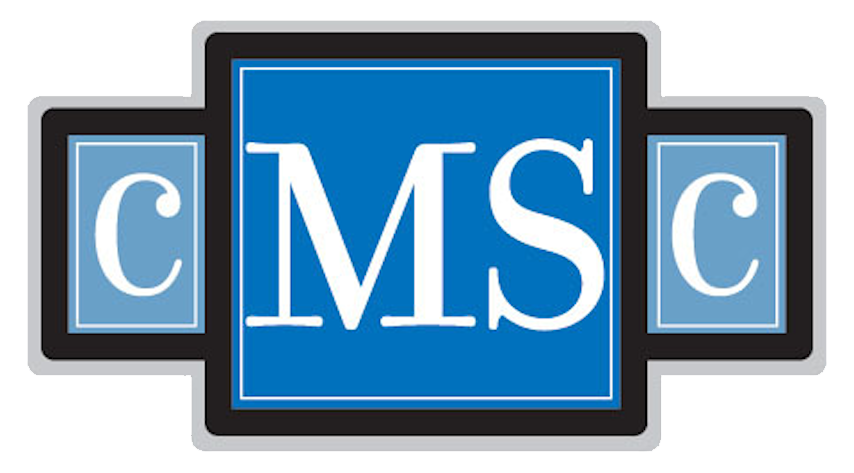RELEASE DATE: July 15, 2020
EXPIRATION DATE: September 14, 2021
Precision Medicine with Polypharmacy in Multiple Sclerosis: What does it mean in practice?
Jointly provided by Consortium of Multiple Sclerosis Centers and PlatformQ Health Education, LLC
Credit Available
- Physicians— maximum of 1 AMA PRA Category 1 Credit(s)™
- Nurses— 1 Nursing Contact Hours
- Pharmacists— 1 Contact Hours (0.1 CEUs)
Acknowledgment
This activity is supported by educational grants from Biogen, Genentech, and Sanofi Genzyme.
Tuition
No fee is required for this program
Target Audience
Neurologists, primary care physicians, advance practice clinicians, nursing professionals, pharmacists, and other healthcare professionals involved in the care of patients with MS.
Learning Objectives
- Summarize approaches to providing personalized medicine for MS diagnosis and management while minimizing drug interactions with medications for common comorbidities
- Appraise current data on biomarkers for differentiating MS from other disorders and MS phenotypes
- Evaluate algorithms and predictive models for MS management
Accreditation Information
In support of improving patient care, this activity has been planned and implemented by the Consortium of Multiple Sclerosis Centers (CMSC), and Platform Q Health Education. CMSC is jointly accredited by the Accreditation Council for Continuing Medical Education (ACCME), the Accreditation Council for Pharmacy Education (ACPE), and the American Nurses Credentialing Center (ANCC), to provide continuing education for the healthcare team.
Faculty
Jacquelyn L. Bainbridge, PharmD, FCCP, MSCS, FAES
Professor of Neurology, Department of Clinical Pharmacy
University of Colorado, Denver
Marijean Buhse, PhD, RN, NP-C, MSCN
Clinical Professor
Stony Brook University School of Nursing
Robert K. Shin, MD, FANA, FAAN
Professor, Department of Neurology,
Georgetown University
Director, Georgetown Multiple Sclerosis and Neuroimmunology Center,
Georgetown University Medical Center


